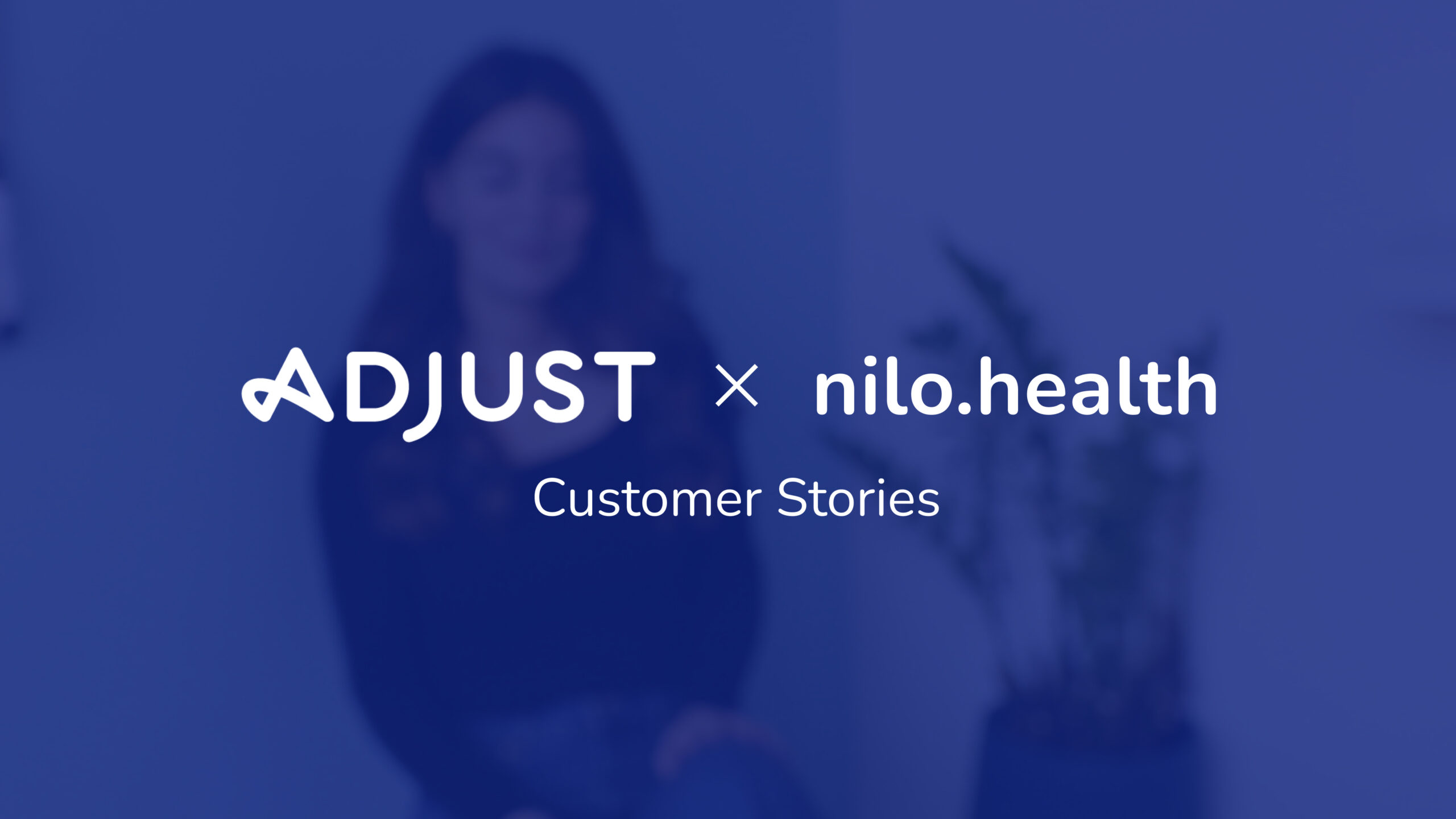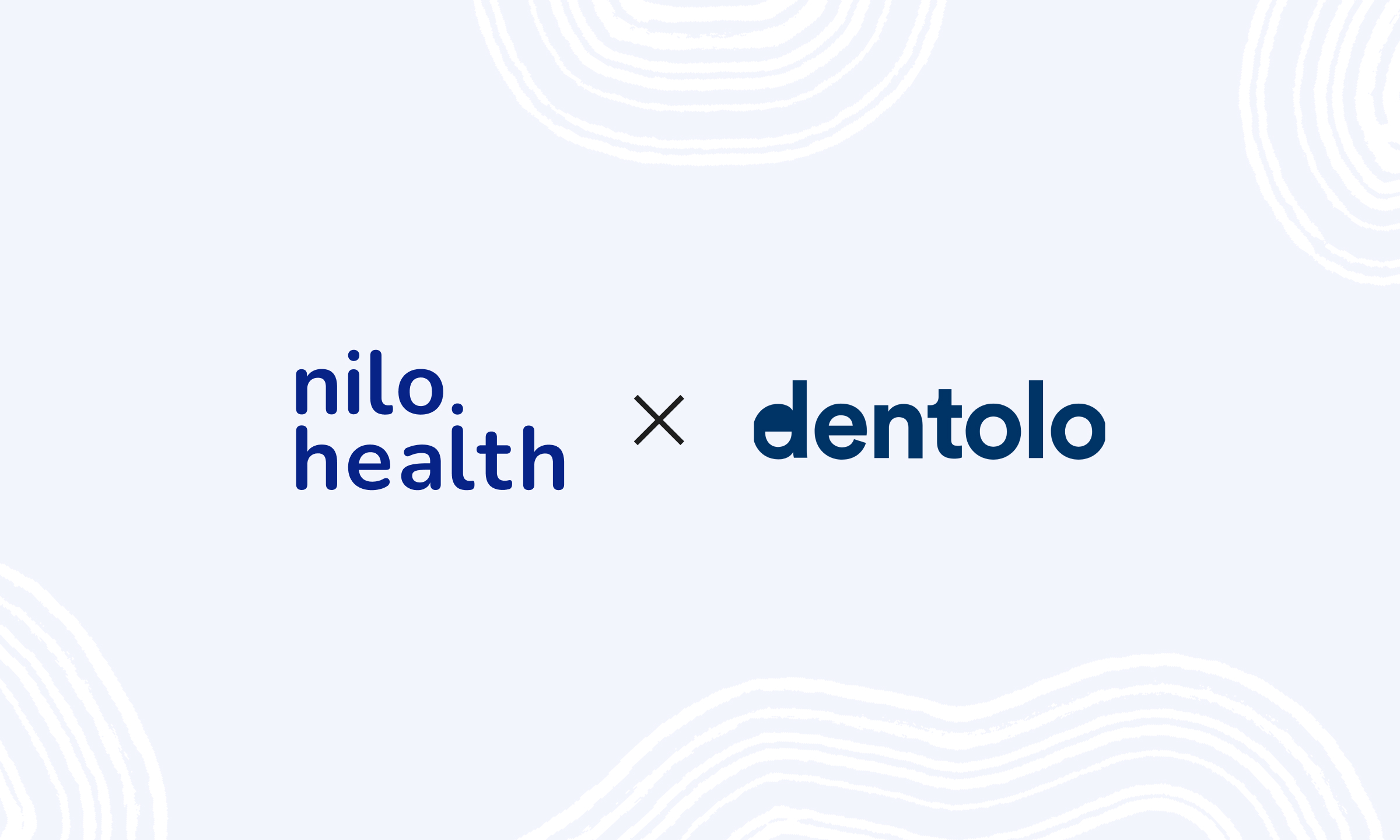We sat down with Daniela Fuchs and Ursula Schemm from auticon to talk about neurodivergence, mental health in the workplace and their experiences with nilo.health.

Hello Daniela, hello Ursula! To start, please introduce yourselves and auticon!
Daniela: Hi, I’m Daniela and I’ve been with auticon for over four years. I started out as a job coach and am now responsible for the job coach division throughout Germany. As job coaches, we support our neurodivergent colleagues on a needs-oriented and individual basis and advise them on various topics.
Ursula: And my name is Ursula and I have been working as a Marketing Manager at auticon for 5 years now.
auticon was founded in 2011 by the father of an autistic man who noticed in self-help groups that an incredible number of competent and intelligent autistic people have problems finding a job. He wanted to promote equality for autistic people in the primary labor market.
We are now represented on three continents and continue to grow. We work with customers who want to create neurodiverse working environments. We provide them with IT services in which our IT specialists can make full use of their strengths and skills. They are all neurodivergent and have an autism diagnosis.
We also offer training, coaching solutions or eLearning for companies that want to become employers for neurodivergent specialists themselves and benefit from our experience.
And it works: Through our work, our clients see how enriching it is to work with autistic people. Firstly, because they perform incredibly well and secondly, because they are incredibly great people.
Neurodivergent people are an enrichment for a team, not a challenge…
Ursula: Absolutely, yes. So the focus at auticon is really on talking about strengths, and not about how difficult inclusion is. We help companies to just give it a go – and after a week they forget that the person is autistic in the first place. It simply doesn’t matter, because the important thing is the person behind it and how competent the person is.

How do you think neurodivergence and mental health in the workplace are connected?
Daniela: In my experience – and this is also proven by the numbers – neurodivergent people in our society are confronted with various challenges.
Our society is geared towards a so-called neurotypical majority. In working life, it becomes more difficult for neurodivergent people to find or keep a job or to get along with colleagues and superiors. This naturally has an impact on mental health. The incidence of depression, for example, is higher in autistic people than in neurotypical people.
For this reason alone, it is super important for our autistic employees that we support them as job coaches. That’s why nilo was a good fit as an additional service.
What made you decide to invest in nilo.health and thus in the mental health of your employees?
Daniela: As job coaches, we already support the mental well-being of our autistic employees. But we also wanted to support the rest of our team and we realized that we often reach our limits as job coaches. We are not therapists and can only provide support to a certain extent.
And that’s exactly where nilo.health helps us: it takes the pressure off us because we can say, “Check out nilo, book a consultation.”
Ursula: Therapy is also very inaccessible. You notice that someone is slipping into a crisis – whether in their professional or private life – but ultimately you can’t really help them, even if you see that they’re really suffering. And they might also be struggling to get a place with a therapist. Of course you have to help — so accessible therapy with nilo is a massive advantage for us.

Why did you choose nilo.health?
Ursula: The variety of services on offer at nilo convinced us. And of course the importance of anonymity, so that the employer doesn’t know exactly who is using it and what topics are being discussed.
We also had the feeling right from the start that nilo would listen to and support us as partners. Your customer support team wanted to understand our specific issue and find solutions that really suited us.
Daniela: nilo actually built in a feature especially for us. In the questionnaire when you book a 1:1 interview, you can now select the topic of autism. That’s wonderful!
Apart from nilo.health, what other initiatives do you have for the well-being of your employees?
Daniela: We offer an exercise break once a week and short mental health sessions twice a week.
Ursula: We also have many bottom-up initiatives. What makes auticon special is that 80 percent of our employees are on the autistic spectrum. They are very good at exchanging ideas, helping and understanding each other.
We sometimes have sessions where an autistic employee gives a talk about autistic sleep, for example, and what is different about it, how the brain works and what happens in the REM phase, which is perhaps different for neurotypicals.
Health management, if you want to summarize it generally under this broad term, is not something that only works top-down for us, but a lot of it comes from our colleagues. Our job is to take this on board and support it. The fact that our employees can initiate things themselves and get things off the ground together contributes to their well-being.
Where do you see the greatest benefit of nilo.health for auticon and its employees?
Daniela: Off the top of my head, I would say the roundtables and of course the 1:1 discussions with psychologists. It’s also just good that the barrier to entry is so low, or even non-existent. We have a lot of colleagues who are afraid to find a therapist. Booking an uncomplicated consultation is a great opportunity for all employees.
In addition, nilo.health takes the pressure off managers. As a manager, I have already been confronted with crises among my employees, because everyone has a personal crisis at some point. It’s really helpful to be able to say, “Have you thought about booking a session with nilo?”
Ursula: Another important factor is the high cost of burnout in an organization. We naturally want to be well, and so we want to work to keep the sickness rate as low as possible and prevent long-term illnesses. nilo has been a huge help here.
What has changed since you introduced nilo.health?
Daniela: For the job coaches specifically, this feeling of relief. We always have the odd situation where we are worried about someone, and nilo has helped to take the pressure off. Job coaches can now make recommendations more easily and have another solution to hand.
Even if we don’t explicitly ask, there are colleagues who proactively share their feedback about nilo. Some of them mention it in meetings or recommend it to other colleagues. That alone shows that it is well received.
What advice would you give to a company thinking about introducing a mental health benefit?
Ursula: Go for it! At auticon, both autistic and non-autistic employees benefit from nilo. All of us find ourselves in a situation in life where we stumble or maybe just want to talk. And I think it’s a great solution for this and should be introduced in every company.





